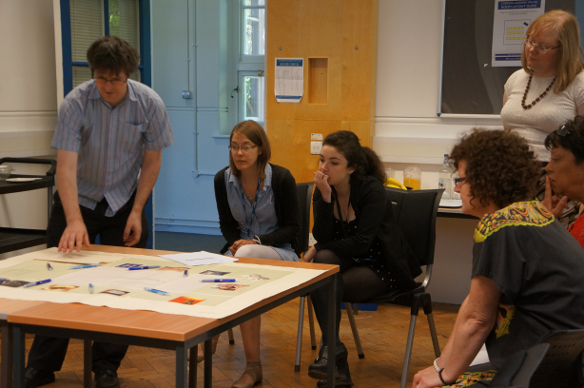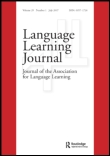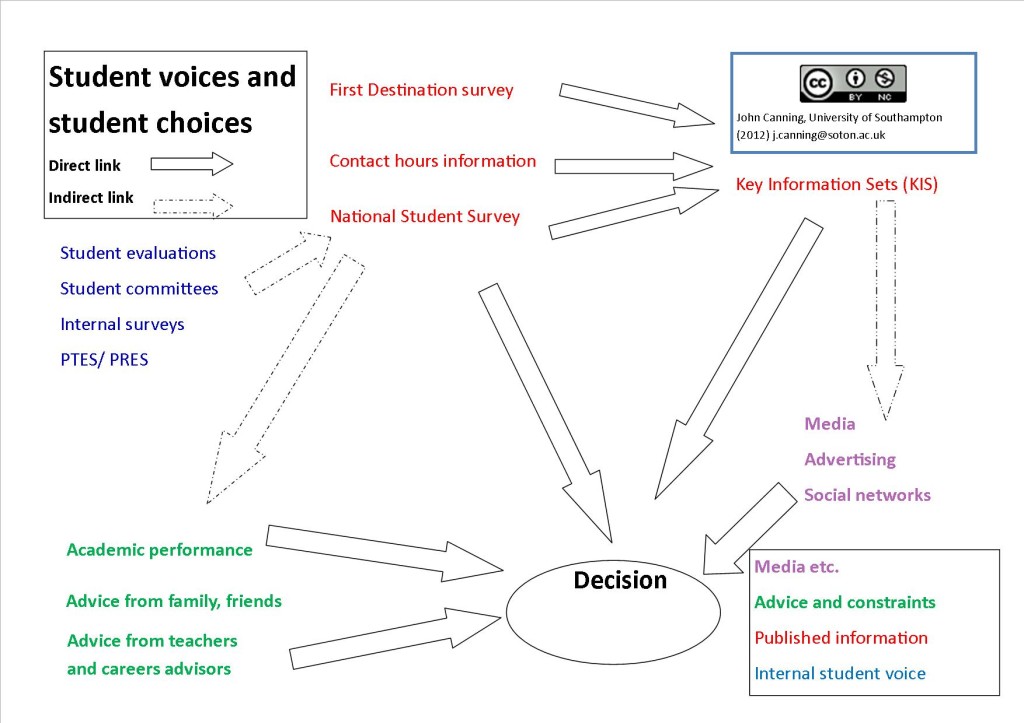NSS: National Student Survey. UK survey of final year undergraduate survey undergraduates conducted annually since 2005. Results are published at institutional and disciplinary level within institutions is minimum threshold of 23 students and 50% response rate is met. http://www.thestudentsurvey.com/
PTES: (Postgraduate Taught Experience Survey) and PRES: (Postgraduate Research Experience Survey). Annual surveys of finishing taught and research postgraduate students run by the Higher Education Academy, though not every institution participates every year. Findings are confidential to the individual institutions though overall reports are published. http://www.heacademy.ac.uk/student-experience-surveys
Key Information Set http://www.keyinformationsets.com/
“Key Information Sets (KIS) are comparable sets of information about full or part time undergraduate courses and are designed to meet the information needs of prospective students. From September 2012 all KIS information will be published on the Unistats web-site and will also be accessed via a small advert, or ‘widget’, on the course web pages of universities and colleges. Prospective students will be able to compare all the KIS data for each course with data for other courses on the Unistats web-site.” Source: HEFCE http://www.hefce.ac.uk/whatwedo/lt/publicinfo/kis/
Higher Education Academy http://www.heacademy.ac.uk/student-experience-surveys
Further reading
Canning, J. et al. (2011) Understanding the National Student Survey: Investigations in Languages, Linguistics and Area Studies. Southampton: Subject Centre for Languages, Linguistics and Area Studies. Available from: http://eprints.soton.ac.uk/197699/
Child, A. (2011) The perception of academic staff in traditional universities towards the National Student Survey: views on its role as a tool for enhancement. MA Dissertation, Department of Education, University of York. Available from: http://etheses.whiterose.ac.uk/2424/1/Final_Thesis_Version.pdf
*Maringe, F. (2006). ‘University and Course Choice: Implications for Positioning, Recruitment and Marketing’. International Journal of Educational Management 20, 466–479.
Ramsden, P. et al. (2010) Enhancing and Developing the National Student Survey. London: Institute of Education. Available from: http://www.hefce.ac.uk/media/hefce/content/pubs/2010/rd1210/rd12_10a.pdf
Renfrew, K, et al. (2010) Understanding the Information Needs of Users of Public Information About Higher Education. Manchester: Oakleigh. Available from: http://www.hefce.ac.uk/media/hefce/content/pubs/2010/rd1210/rd12_10b.pdf
*Richardson, J .T. E. et al. (2007) The National Student Survey: development, findings and implications. Studies in Higher Education 32, 557-580.
*Richardson, J.T.E. (2005). Instruments for obtaining student feedback: a review of the literature. Assessment and Evaluation in Higher Education 30, 387-415
Surridge, P. (2009) The National Student Survey three years on: What have we learned? York: Higher Education Academy. Available from: http://www.heacademy.ac.uk/assets/documents/research/surveys/nss/NSS_three_years_on_surridge_02.06.09.pdf
Williams, J. et al. (2008) Exploring the National Student Survey: Assessment and Feedback Issues. York: Higher Education Academy. Available from: http://www.heacademy.ac.uk/assets/documents/nss/NSS_assessment_and_feedback_issues.pdf
*Subscriptions may be required. Other items are open access
I have made a word version of this list available in humbox.













